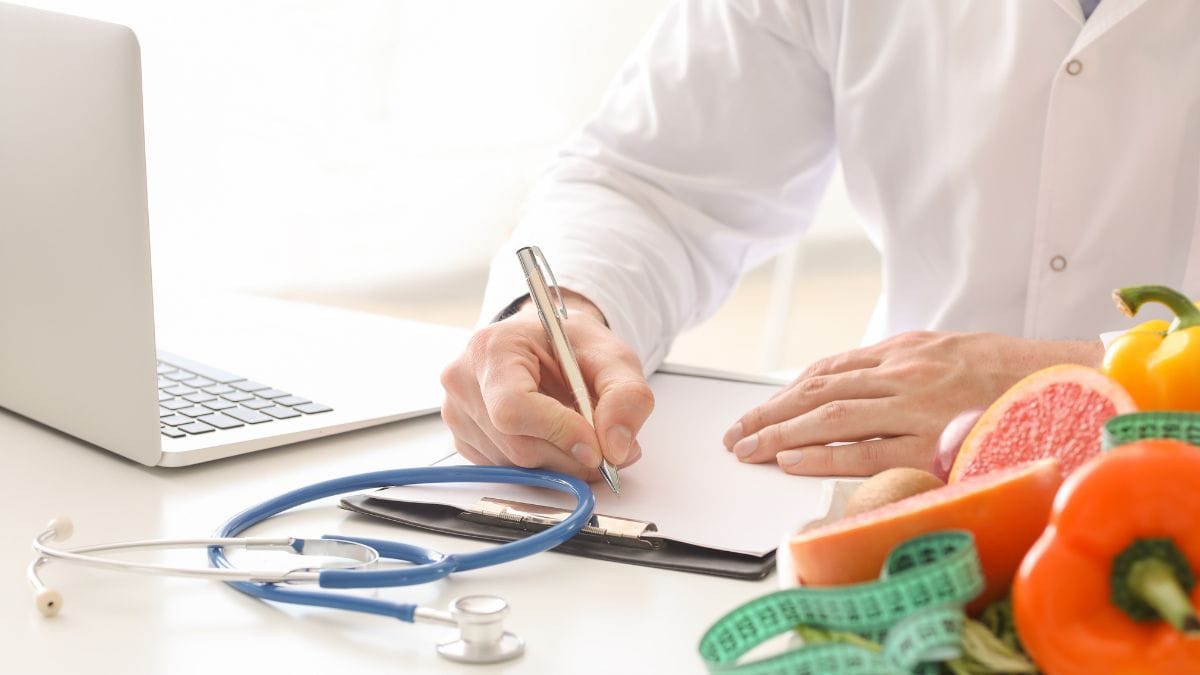Are Beets Good for PCOS?
Quick Answer: Beets can be beneficial for managing PCOS symptoms due to their nutrient profile and potential effects on hormonal balance. You know, I wasn’t planning on writing about beets and PCOS today. But one of my clients asked me about it during our last session, and I realized it’s a topic many of you might be curious about too. So, let’s dive in and explore whether beets can be a helpful addition to your PCOS-friendly diet. Beets are often overlooked in the veggie world, but they’re packed with nutrients that can be particularly beneficial for women with PCOS. These vibrant root vegetables are rich in folate, manganese, and fiber, all of which play important roles in managing PCOS symptoms. Folate, for instance, helps regulate ovulation and improve egg quality, which can be a game-changer if you’re trying to conceive. But that’s not all. Beets also contain a compound called betaine, which supports liver function. Why does this matter for PCOS? Well, a healthy liver is crucial for hormone metabolism, including the breakdown of excess androgens that can wreak havoc on your hormonal balance. By supporting your liver, beets may indirectly help keep those pesky PCOS symptoms in check. Now, I’ll be honest with you. When I first started recommending beets to my PCOS clients, I was a bit skeptical. But after seeing the positive changes in their energy levels and overall well-being, I became a believer. Many of my clients report feeling more energized and less bloated after incorporating
